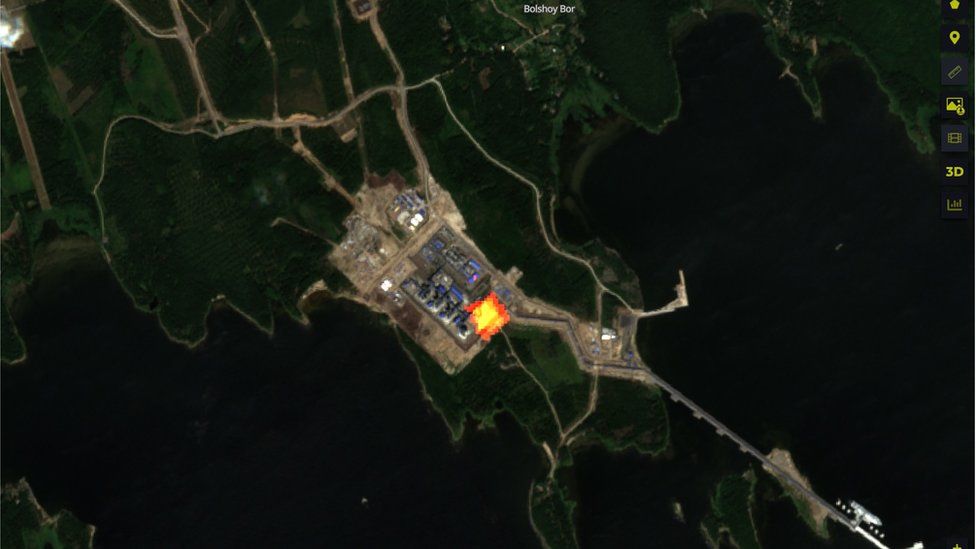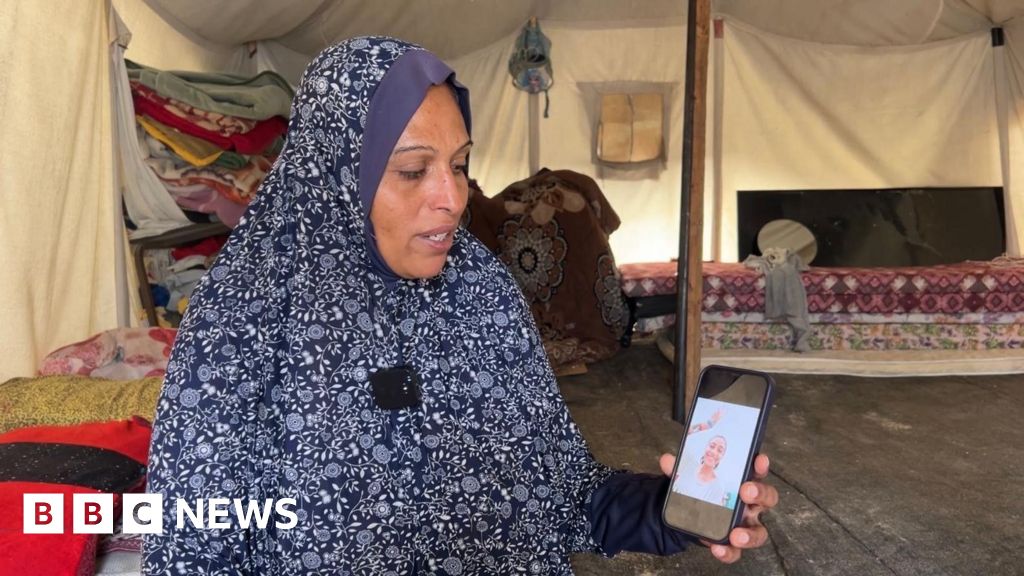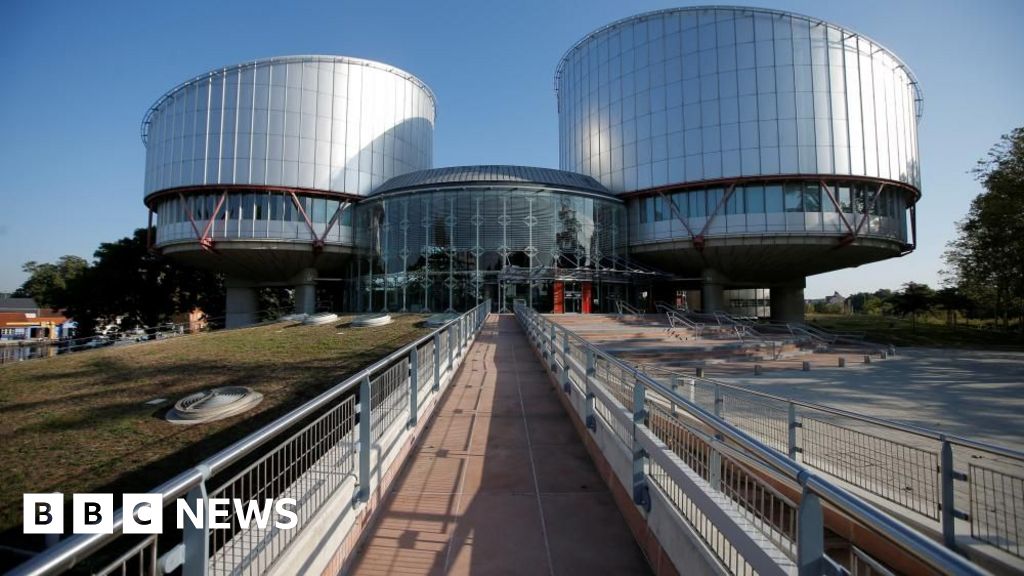ARTICLE AD BOX
 Image source, Copernicus Sentinel/Sentinel Hub/Pierre Markuse
Image source, Copernicus Sentinel/Sentinel Hub/Pierre Markuse
A colourised version of this satellite image captures infrared radiation from the burning of gas at the Portovaya plant
Satellite images of a fuel plant in north-west Russia show huge amounts of gas being burned off into the air, analysts tell the BBC.
The liquified natural gas (LNG) complex is thought to be burning unused fuel that would have normally been sold to Germany,
Western countries have been trying to reduce the amount of Russian energy they use to end their dependence on Moscow.
But left with too much unsellable gas, it now appears that Russian operators have simply decided to burn it into the air - prompting environmental concerns too.
"I've never seen an LNG [liquefied natural gas] plant flare so much," satellite expert Dr Jessica McCarty told the BBC.
Will the world be able to cope without Moscow's oil and gas? Yes - but only by paying an economic price. Read our reality check analysis here.
Soviet symbol splashes down
Watch: Latvia brings down World War Two memorial
Latvia has torn down a towering Soviet-era obelisk from the centre of its capital, Riga, to the cheer of crowds draped in the national flag.
For 37 years, the controversial obelisk commemorated the Soviet army's World War Two victory, but when Russia invaded Ukraine, Latvia's parliament ordered it to come down.
The foreign minister says it marks the turning of a "painful page of history".
Its removal is part of a concerted effort by Baltic nations that were once part of the Soviet Union to sever symbols of their historic links with Russia.
Nuclear plant back on grid
Image source, Reuters
Image caption,Since late March, the Zaporizhzhia nuclear plant has been occupied by Russian forces, although is still being operated by Ukrainian technicians
The Russian-occupied Zaporizhzhia plant is once again powering Ukraine's electricity grid, the state nuclear company has confirmed.
It was disconnected on Thursday after fires reportedly interfered with nearby power lines - raising concerns over whether crucial safety mechanisms would continue to operate at the complex.
If back-up electricity supplies hadn't kicked in, President Volodymyr Zelensky said, the situation would have become a "radiation accident".
The plant is at the centre of a storm of claims and counter-claims by Ukraine and Russia - each accusing the other of disregarding basic safety protocols around the site.
Ukraine refugees finding work - survey
Image source, Getty Images
Image caption,Bogdana Karlova found work at a tartan company after arriving in Scotland with her sister-in-law in March
About four in 10 Ukrainians who fled the war to find safety in the UK are now employed, figures from the Office for National Statistics show.
That's an increase from April, when around 9% were in work.
It's a sign of how some of the 100,000 Ukrainian refugees who have been welcomed into the UK are adapting to their new lives.
"All the people I have met here have been nice and given me words of support," said Ivanna Vorontsova, who recently got a job as a student support officer in Woking.
Confessions of a Russian soldier
Investigative journalist Ekaterina Fomina made headlines when she interviewed active Russian soldiers, including one who admitted committing a war crime.
And as the football season in Ukraine kicks off for the first time since the war began, we hear from an athlete who would normally be playing for FC Mariupol.

 2 years ago
26
2 years ago
26








 English (US) ·
English (US) ·